First from left to right standing, Epesse who sold his team PWD Bamenda at the 1979 cup of cameroon finals for crumbs.
By The Independentist Editorial desk
In 1979, the city of Bamenda stood on the brink of history. PWD Bamenda, a team representing the hopes of English-speaking Cameroonians, had reached the final of the Cup of Cameroon for the very first time. The city rallied behind its boys, who trained at Sacred Heart College and embodied the spirit of unity that defined Abakwa—a city where identity was earned through loyalty, not lineage.
Among the team’s defenders was a young man named Epesse, born to Bassa parents but raised in Bamenda. He was embraced as one of their own. Few questioned his place. Why would they? In Abakwa, if you fought for the city, the city fought for you.
But something went terribly wrong.
On the morning of the match against Union Douala, several players reported strange fatigue after breakfast. They were sluggish on the field. Rumors of sabotage began to spread, and before long, fingers pointed toward Epesse. Allegations surfaced that he had colluded with the opposing team to poison his teammates’ meal.
No formal charges were ever brought. But in the court of public opinion, the verdict was swift and damning. Epesse disappeared from the city. His football career collapsed. And his name became a cautionary tale—not because of his origin, but because of the perceived betrayal of the trust placed in him.
Today, history feels eerily familiar.
A man, also of Bassa ancestry but raised in Ambazonia, educated in its schools and defended under its flag, has reportedly aligned himself with the very regime that continues to wage a brutal campaign in Southern Cameroons. This individual, Paul Nillong, was granted asylum, protected from persecution, and entrusted with the ideals of the Ambazonian liberation movement.
Recent reports—still being independently verified—suggest that he now collaborates with actors linked to the regime in Yaoundé. For many in the movement, this is not just disheartening; it is perceived as betrayal.
Yet we must tread carefully.
This is not a witch hunt. This is not a matter of ethnicity. Ambazonia’s identity has always been defined by belief, not blood. Some of our most steadfast fighters and defenders come from families with roots far beyond Ambazonia. What matters is not where a person comes from, but where they choose to stand when it counts.
If the reports about Paul Nillong are true, then history will surely judge him. But if there is context yet unheard, explanations yet unsaid, then let those truths come to light. Allegations should never substitute due process, and suspicion should never override dignity.
Still, the lesson remains:
Trust is sacred in a time of struggle. And when it is broken, the damage runs deep.
As we reflect on the legacy of Epesse—a man whose single act allegedly cost him everything—we are reminded that every freedom movement must guard not just its borders, but its values. We must protect the spirit of solidarity that binds our people, even in exile. But we must also remember: vigilance is not vengeance.
And as Lord Tony Benn once said:
“Always defend your right to decide.”
For Ambazonians, that means defending the right to choose our leaders, our future, and our friends—wisely.
The Independentist
Because memory matters. And so does truth.













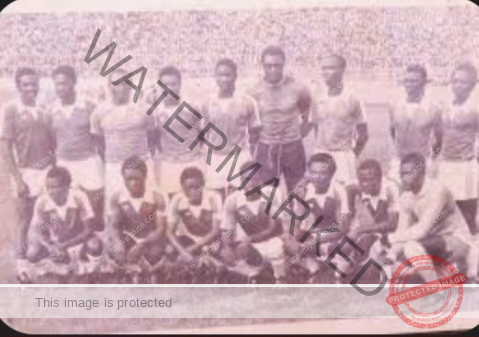
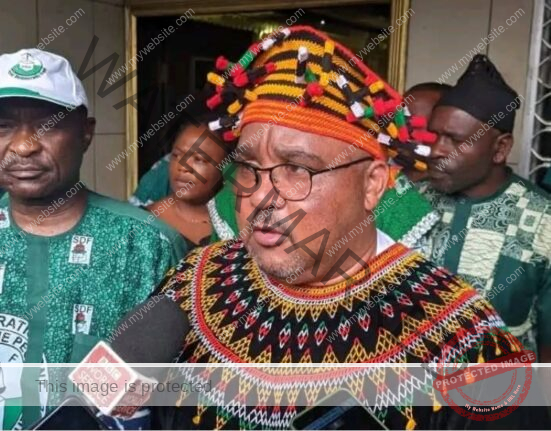
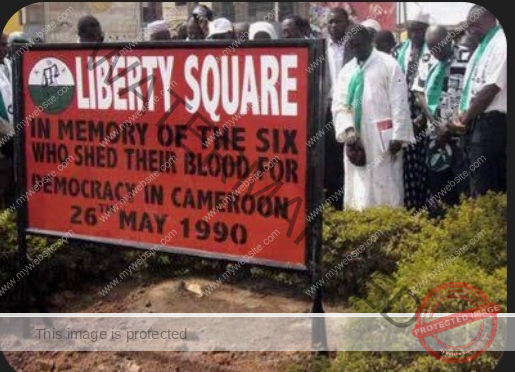


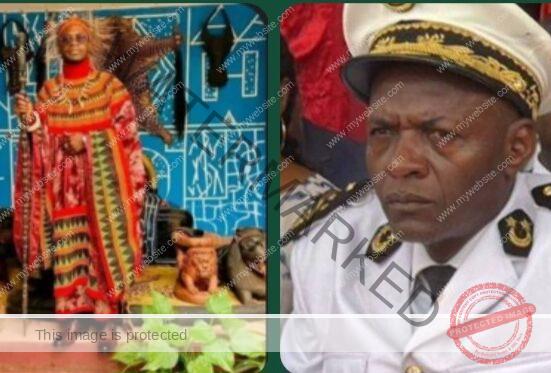
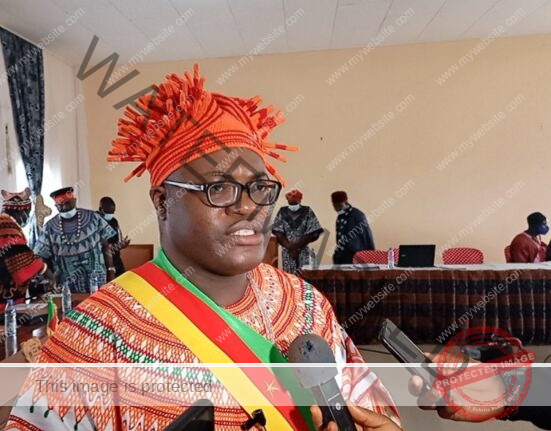

Leave feedback about this